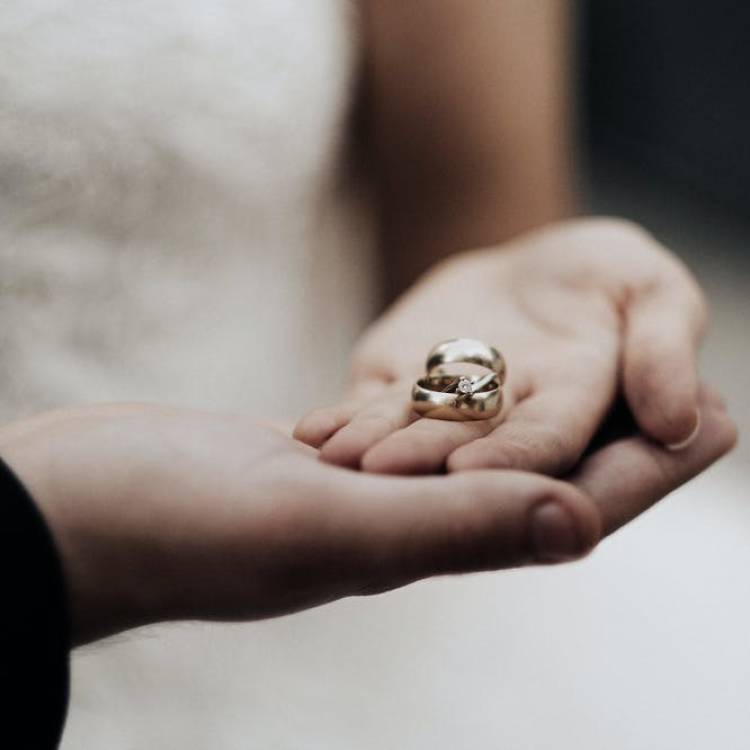- 0207 193 8029
- info@1entertainment.co.uk
How COVID-19 Will Change Weddings
By Ross | 1 Entertainment on Aug 02 2020
back to blog list
The COVID-19 pandemic has wreaked havoc in the UK. It has caused thousands of deaths and severely affected the economy. It has also made it impossible to have large social gatherings like weddings and
Fortunately, the number of new COVID-19 infections continues to decrease, which means the government has eased some restrictions on social gatherings. This has prompted many couples to begin thinking about their weddings plans once more.
In this guide, we’ll share some of the ways COVID-19 will affect weddings. This will help you determine if you can hold your wedding soon or you would be better off waiting.
Contact Tracing
Although there are currently no requirements for contact tracing at weddings, it is recommended by the UK government to keep event attendees safe.
Contact tracing is the process of tracking down all of the people who may have been in contact with an infected person. For contact tracing to work for events like weddings, the event organisers must obtain the contact details for all attendees, including guests, waiters, cooks, caterers, musicians, photographers and so on.
If a person attending the event later tests positive for COVID-19, this contact information will used to identify all of the individuals that they may have come in contact with. Being able to find these individuals quickly will stop the virus from spreading and ensure event attendees obtain medical care, if required.
To learn more about contact tracing, visit the NHS websiteor the UK Government’s website. You should also encourage guests to use the NHS COVID-19 contact tracing appwhile at the event. All venues should keep a record of visitors for at least 21 days after an event.
Know Your Guest Limits
From August 15th2020, the number of guests allowed to attend a wedding ceremony or reception will be increased to 30. This is up from the current level of six people outside or two households inside. This number will increase over the coming months, as long as the number of new infections continues to decrease.
It is important to note that the 30 person limit includes the ceremony officiant and any staff that are not employed by the venue. Additionally, the 30 person limit is only allowed in venues that have enough space to allow guests to practice social distancing. Check the UK government website for updates.
Venue Size Is Crucial
The UK government has stated that events should only have one guest per 4 square metres of available venue space. This means a wedding reception with 30 guests would ideally 120 square metres of space available (which is a fairly large venue for a small event).
However, it’s important to remember that people from the same household can remain in close proximity. It is the individuals who don’t live together who really need to stay at a distance — at least 1 metre+ at all times.
This means you can create a seating plan that keeps households together, making the most of the available space. Just make sure you have plenty of room for guests to move about when they do get up.
Changes To Food and Drink
Safety guidelines suggest that the serving of food and drink should be avoided unless absolutely necessary. If you do decide that you want to offer guests food or drinks, you will need to avoid serving them in a way that could lead to contamination.
Instead of having shared platters of snacks or a desert station, you will need to use separately portioned food in sealed containers. Additionally, guests shouldn’t congregate around a bar waiting for a drink. Instead, drinks should be served to individuals at tables. These changes may increase the cost of your wedding, but they will help to keep your guests safe.
Ceremonies Should Be Kept Short
The shorter the duration of a ceremony, the less likely it is that an infection can be spread. The government also recommends that wedding receptions should be short affairs, with a smaller guest list than normal.
Hygiene Will Be Crucial
When planning your wedding, check that any venues you are using have a sanitisation plan in place. You should also take steps to ensure hygiene during your event, by providing hand sanitiser, face masks, and gloves.
Changes to Entertainment
The government also recommends that event organisers avoid group singing, dancing, and the playing of instruments at events. However, people from the same household can still dance with one another as long as they remain socially distanced from other guests.
Staggered Events
COVID-19 requirements may actually lead to moreparties, as couples may choose to hold several celebratory events with smaller groups of people. For example, couples might choose to have a wedding celebration with close family members, before having another event that involves close friends. Having multiple celebrations will reduce the risk of virus transmission and keep your loved ones safe.
Outdoor Ceremonies To Become More Popular
We will see many more outdoor ceremonies in the coming months, as they make it much easier to provide sufficient space for guests. There is also less risk of virus transference in outdoor environments. This trend means the more couples will have wedding dates in the warmer months, so their guests will be comfortable while outdoors.